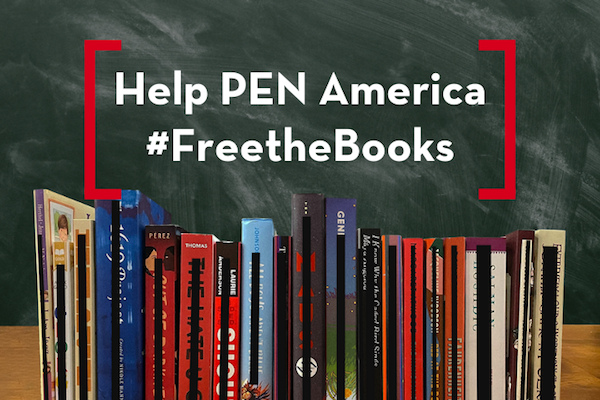Banned in the USA: Who is behind book bans?

Book bans in public schools have recurred throughout American history, with notable flare-ups in the McCarthy era and the early 1980s. But, while long present, the scope of such censorship has expanded drastically and in unprecedented fashion since the beginning of the 2021–22 school year. This campaign is in part driven by politics, with state lawmakers and executive branch officials pushing for bans in some cases. In Texas, for example, Republican state representative Matt Krause sent a letter and list with 850 books to school districts, asking them to investigate and report on which of the titles they held in libraries or classrooms. Political pressure of this sort in Texas, South Carolina, Wisconsin, Georgia, and elsewhere has been tied to hundreds of book bans.
Another major factor driving this dramatic expansion of book banning has been the proliferation of organized efforts to advocate for book removals. Organizations and groups involved in pushing for book bans have sprung up rapidly at the local and national levels, particularly since 2021. These range from local Facebook groups to the nonprofit organization Moms for Liberty, a national-level organization that now has over 200 chapters.
In the short period since their formation and expansion, these groups have played a role in at least half of the book bans enacted across the country during the 2021–22 school year. PEN America estimates that at least 20 percent of the book bans enacted in that time frame could be linked directly to the actions of these groups, with many more likely influenced by them. This 20 percent is based on publicly available information and includes cases where a parent or community group took direct action to seek the removal of books by making a statement at a school board meeting, submitting a list of books for formal reconsideration, or filing formal reconsideration paperwork; in many of these cases, the groups also openly touted their role in pushing for book removals. In an additional approximately 30 percent of bans, there is some evidence of the groups’ likely influence, including the use of common language or tactics.

Brooklyn Boro
View MoreNew York City’s most populous borough, Brooklyn, is home to nearly 2.6 million residents. If Brooklyn were an independent city it would be the fourth largest city in the United States. While Brooklyn has become the epitome of ‘cool and hip’ in recent years, for those that were born here, raised families here and improved communities over the years, Brooklyn has never been ‘uncool’.